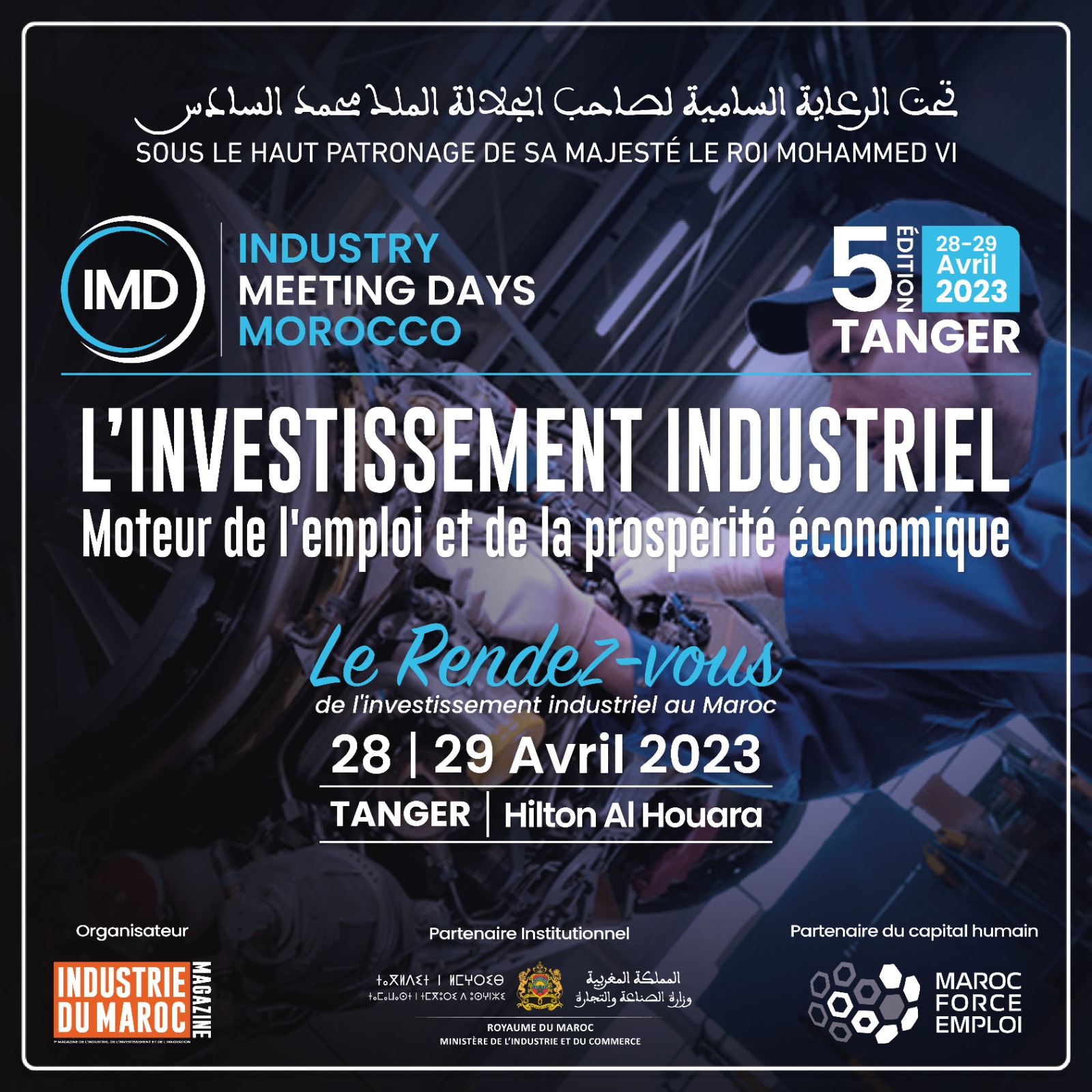Speaking at the annual meeting of the UN Committee of 24 (C24), Abba stressed that “since the completion of its territorial integrity, with the recovery of the Sahara in 1975, Morocco has made the irreversible choice to capitalize on this achievement by deploying great efforts and creating new opportunities for the development of these provinces.”
In this context, he quoted the speech of His Majesty the King on the occasion of the 47th anniversary of the Green March, in which the Sovereign emphasized that the approach “to defend the Moroccan identity of the Sahara is based on an integrated vision that combines political and diplomatic action with the promotion of the region’s socio-economic and human development.”
The Vice-President of the Laâyoune Sakia El Hamra region pointed out that the process initiated since 1975 has been reinforced by the New Development Model for the Southern Provinces, launched by His Majesty the King in 2015, indicating that this model has mobilized all energies to stimulate the development process in high value-added areas, with the aim of guaranteeing the dignity of the citizens of the Moroccan Sahara.
In line with the priorities of this model and the United Nations’ Agenda 2030, economic, social, energy and infrastructure projects have accelerated the transformation of the Sahara into a booming economic hub that benefits the local population, as well as a promising gateway for investment in Africa, he pointed out.
In this regard, he stressed that “Morocco’s irrevocable choice to turn the region into an economic hub, and to place the populations of the Sahara at the center of all policies, reflects the determination of an entire State, King, government and citizens alike, to pursue the path of development and prosperity for the southern provinces and the entire region.”
The elected representative of the Moroccan Sahara pointed out that almost 29.12 billion dirhams have been invested in Laayoune- Sakia Al Hamra to implement 90 projects in support of production sectors such as phosphates, agriculture, aquaculture, industry, renewable energies, sea fishing and ecotourism.
Through the investments made under this development model, whose project completion rate exceeds 80%, the Moroccan Sahara region has risen to the rank of an economic hub meeting international standards and becoming a link between Morocco, Africa and Europe, he pointed out, adding that GDP per capita totals $5,230 in the city of Laâyoune, which “shows, according to him, the very promising and tangible impact of the projects on the daily lives of the local population.
He further indicated that the main goal of the New Development Model is to contribute to the creation of wealth and added value and to promote investment in the region, while ensuring access to opportunities for women and young people, noting that in this process, particular emphasis is placed on instilling a culture of entrepreneurship to support the empowerment and leadership of women and young people.
“The development in the Moroccan Sahara is due in particular to the unwavering commitment and ownership of the region’s citizens, who are resolutely involved in the management of their local affairs”, observed Abba, noting that the population’s support is reflected in their massive participation in the various elections organized by the Kingdom since 1975.
The Vice-President of the Laayoune Sakia El Hamra region recalled that in the 2021 elections, the southern provinces recorded the highest turnout in the country, demonstrating the attachment of the local population to the Kingdom’s democratic process, and the legitimacy of its representatives at local and national levels, and within legislative and executive institutions.
Referring to the “catastrophic and unacceptable” situation prevailing in the Tindouf camps, the speaker said that the populations in these camps “are deprived of their basic rights and freedoms,” adding that the violations to which they are subjected are multiple and multiform, ranging from restrictions on freedom of movement and freedom of expression to torture, slavery, rape, arbitrary detention and child recruitment.
These populations are “used as a bargaining chip in the hands of the +polisario+ militias and the host country to serve their selfish and fallacious political agenda, and for their personal enrichment via the systematic detour of humanitarian aid intended to alleviate the suffering of these populations, as duly documented by the World Food Program in the report published in January 2023”, he added.
He pointed out that the population of the Tindouf camps is the only one in the world that is not registered and whose aid is granted on the basis of false figures put forward by the separatist armed group “polisario”, stressing that these camps are the only place in the world where a situation of lawlessness reigns, and where the interests of the leaders of the armed group “polisario” meet those of other groups established in the Sahel-Saharan region, notably terrorist organizations, human trafficking and drug trafficking.
In response to calls from the Security Council for a realistic, pragmatic, lasting and compromise solution to the Sahara question, and in order to put an end to the suffering of the populations sequestered in the Tindouf camps in south-west Algeria, Morocco proposed the Autonomy Initiative in 2007, within the framework of the Kingdom’s sovereignty and territorial integrity.
Pointing out that the autonomy plan has won the support of some one hundred countries from all regions of the world, Abba reported that 28 countries and regional organizations have decided to open consulates general in the cities of Dakhla and Laayoune.
This dynamic “constitutes a further recognition of Morocco’s sovereignty over its Sahara and strong support for the Autonomy Initiative, considered by the United Nations and the Security Council as credible and serious, and the only plausible solution to this artificial conflict inherited from the Cold War.”




